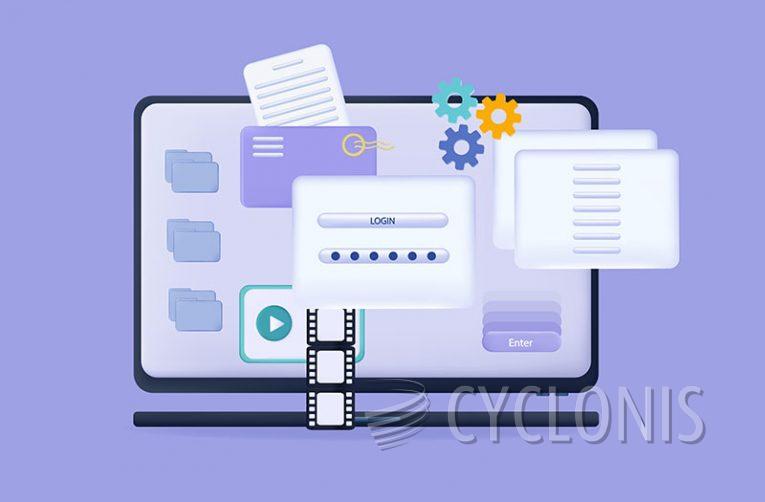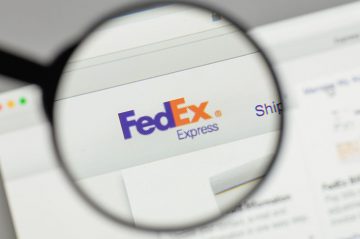'Webmail Security Changes' Email Scam Seeks to Steal Credentials

During our investigation, we discovered that "Webmail Security Changes" is actually a spam email that is designed to deceive the recipient. The email appears to be a notification from the recipient's email service provider, alerting them to unauthorized changes made to their email account. The email's goal is to steal the recipient's login credentials, which will enable the attackers to take control of their email account.
The phishing email is typically titled "Attention : E-mail Authentication [recipient's_email_address]" and instructs the recipient to review the changes to their email account to avoid being locked out. However, the email is a fake, and the link provided leads to a fraudulent email login page. When the recipient enters their email address and password, the attackers behind the spam campaign record this information and use it to steal the victim's email account.
The consequences of such an attack can be severe. The attackers can use the hijacked email account to steal the owner's personal and financial information or even spread malware. They may also impersonate the victim and ask their contacts for money or donations or promote various scams. Therefore, it is essential to be aware of such social engineering tactics and always exercise caution when opening emails and clicking on links.
What Are the Top Four Signs That an Unsolicited Email is a Scam?
- Suspicious sender: If the sender's email address looks suspicious or unfamiliar, it may be a sign that the email is a scam. Scammers often use fake or spoofed email addresses that resemble legitimate ones to trick recipients.
- Urgency and fear tactics: Scammers often use urgent language and fear tactics to pressure recipients into taking immediate action. They may claim that there is a problem with your account, or that you are in danger of losing money or facing legal consequences if you do not act quickly.
- Requests for personal information: Scammers often request personal information, such as your password, Social Security number, or bank account details. Legitimate organizations will rarely ask for this kind of information over email, and you should be very cautious about sharing sensitive information.
- Too good to be true offers: If an unsolicited email offers an amazing deal or opportunity that seems too good to be true, it probably is. Scammers may promise you a large sum of money, a job offer, or a prize, but these offers are often designed to trick you into sharing personal information or paying a fee.








